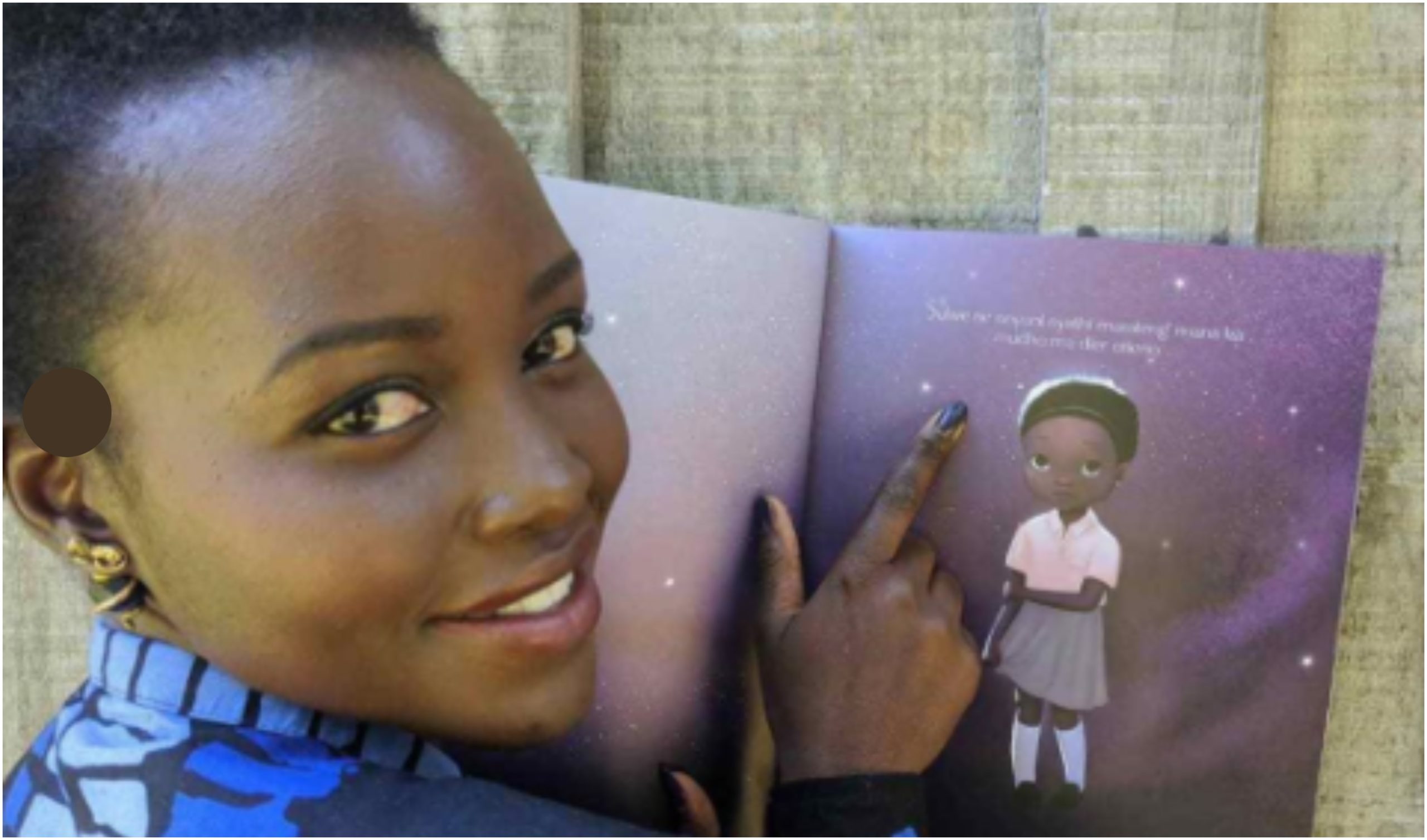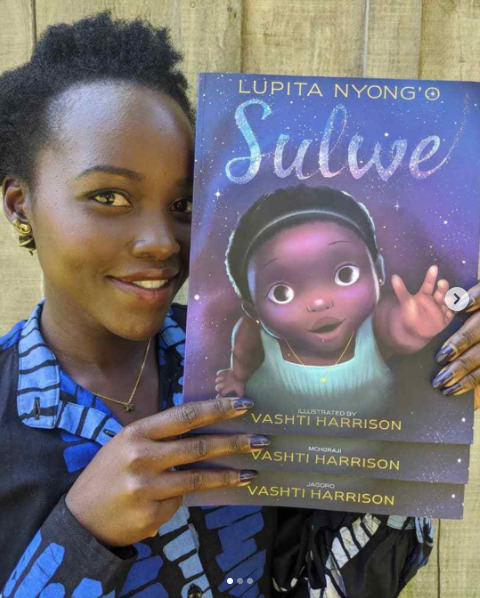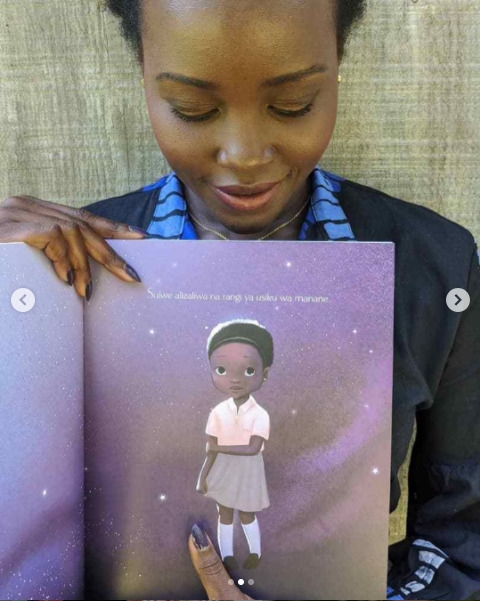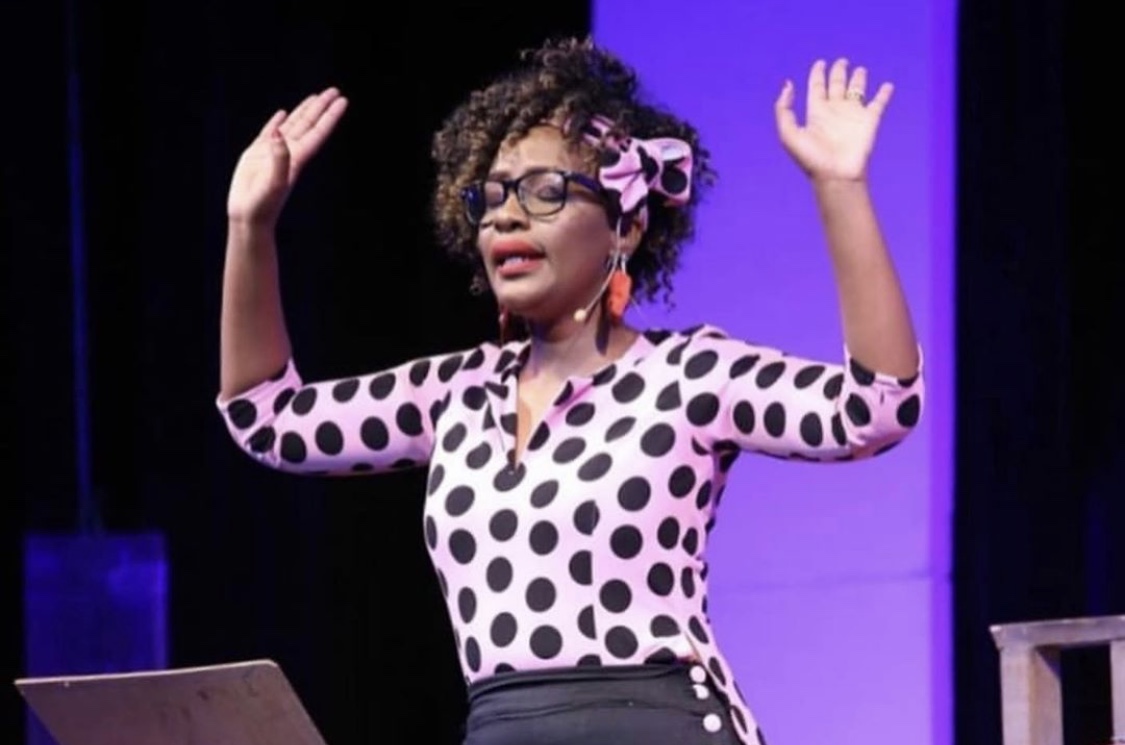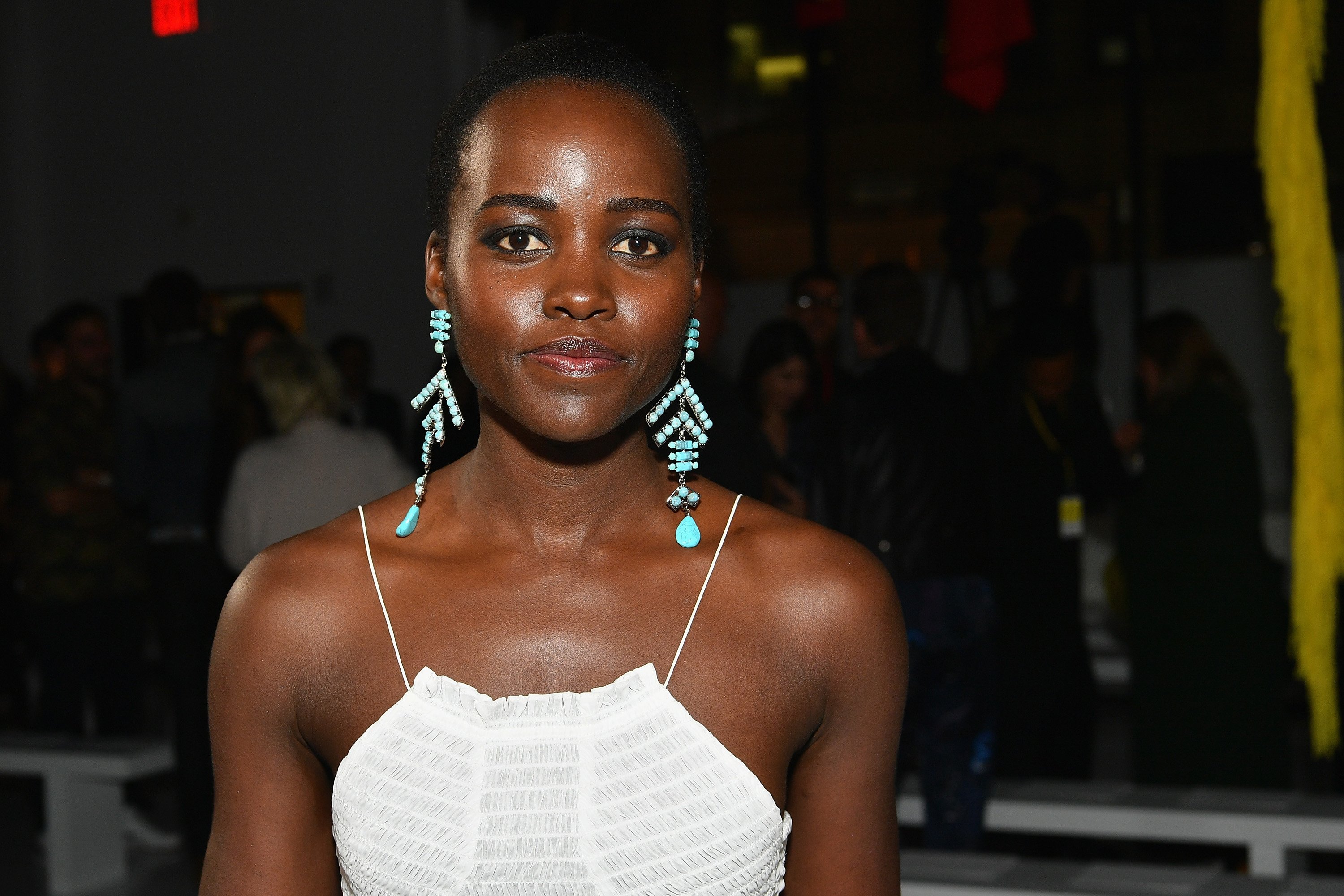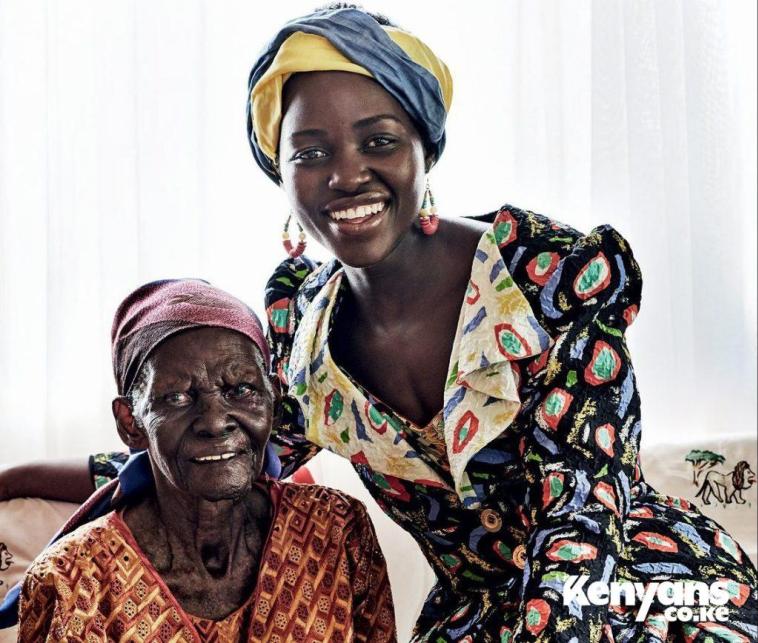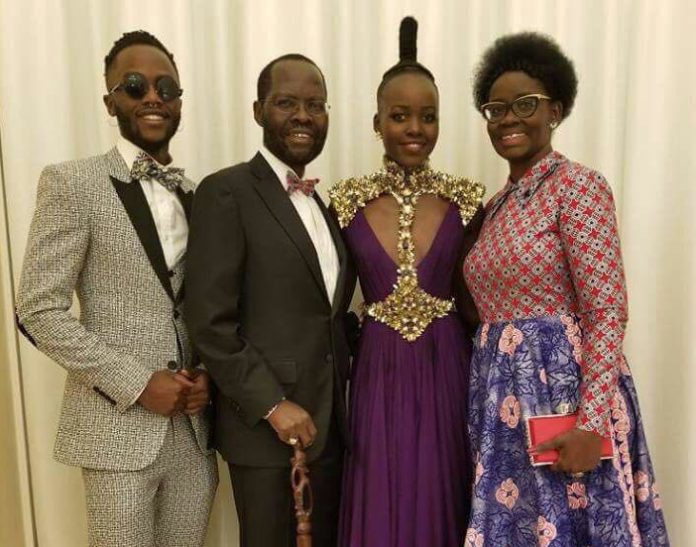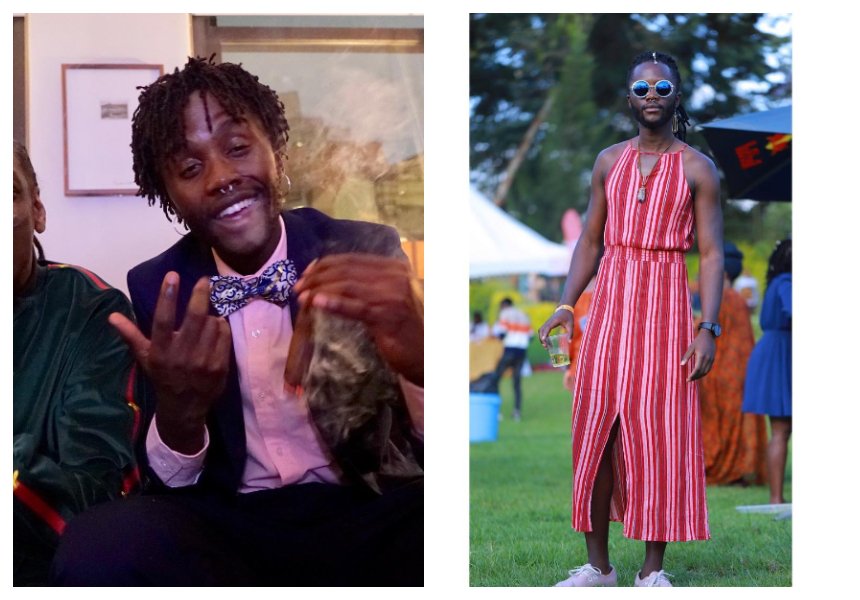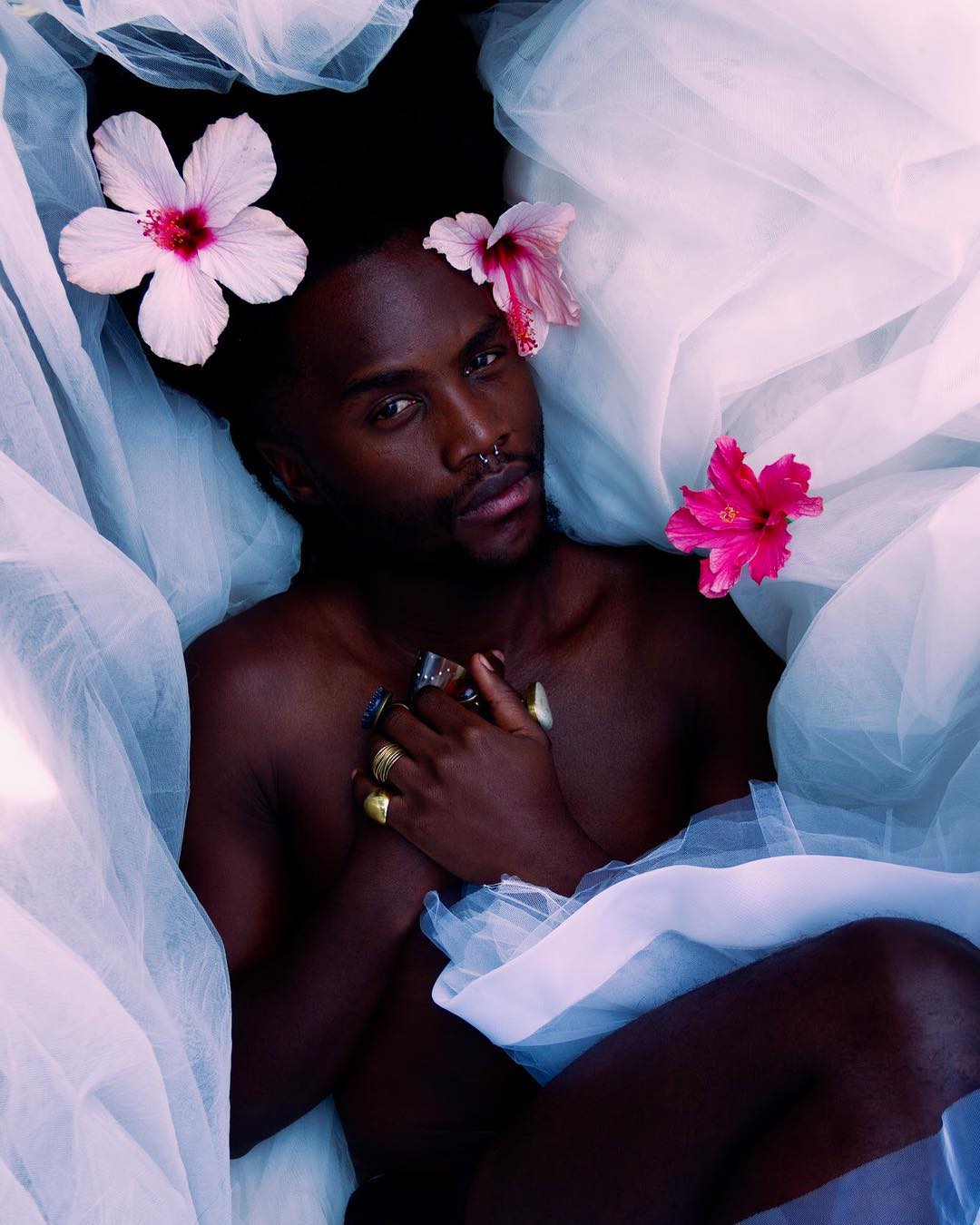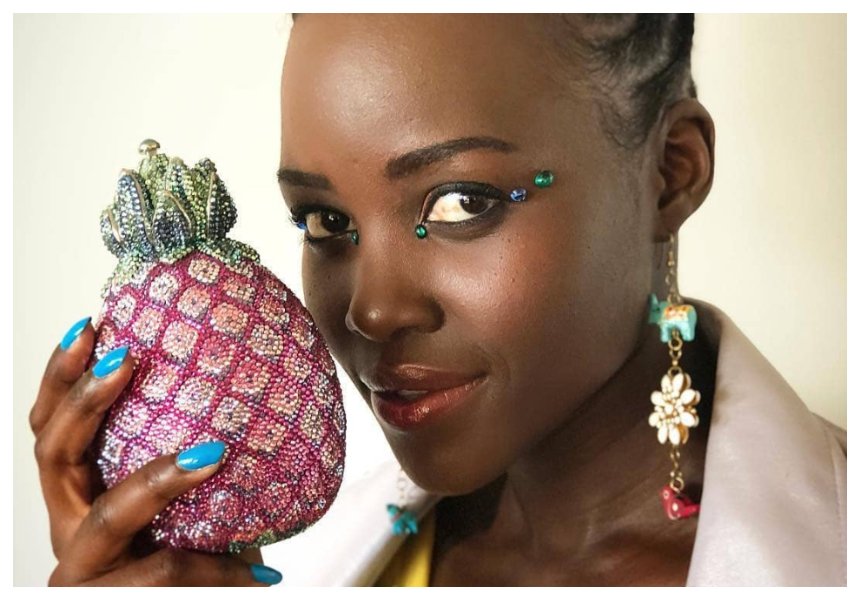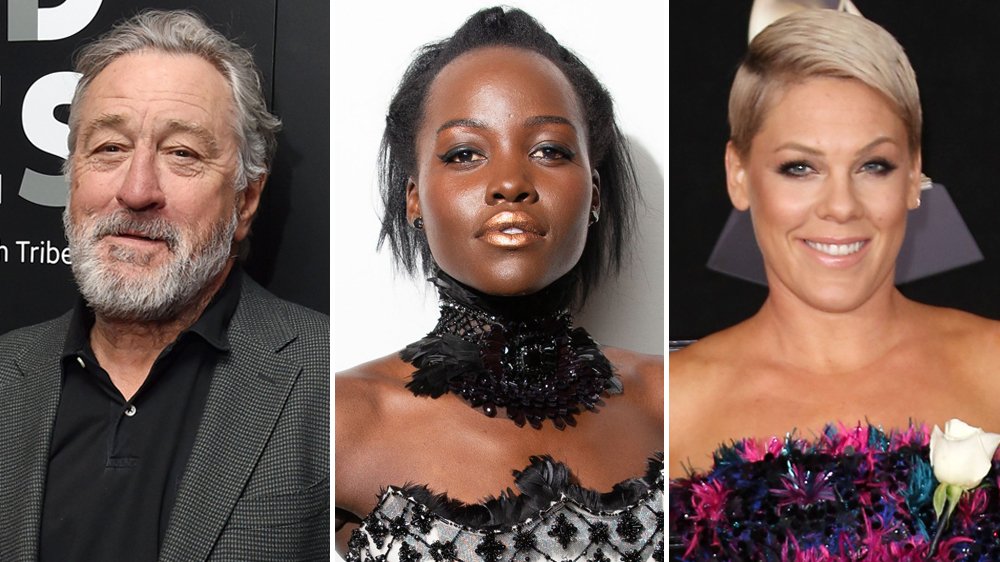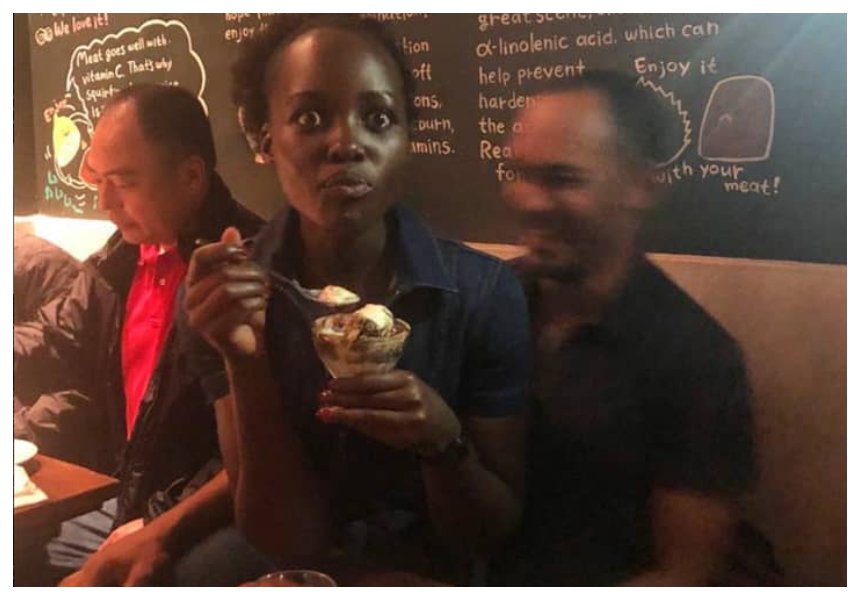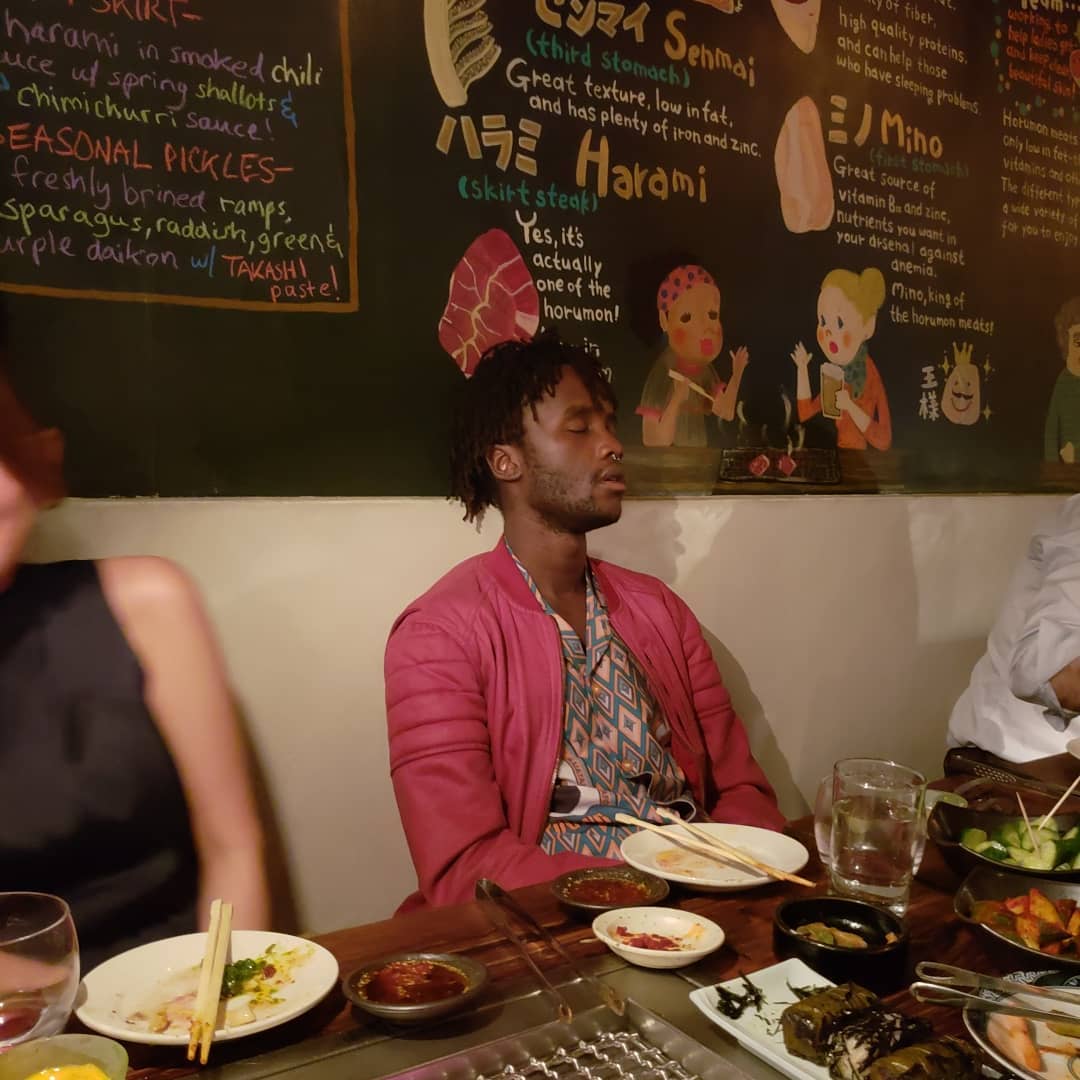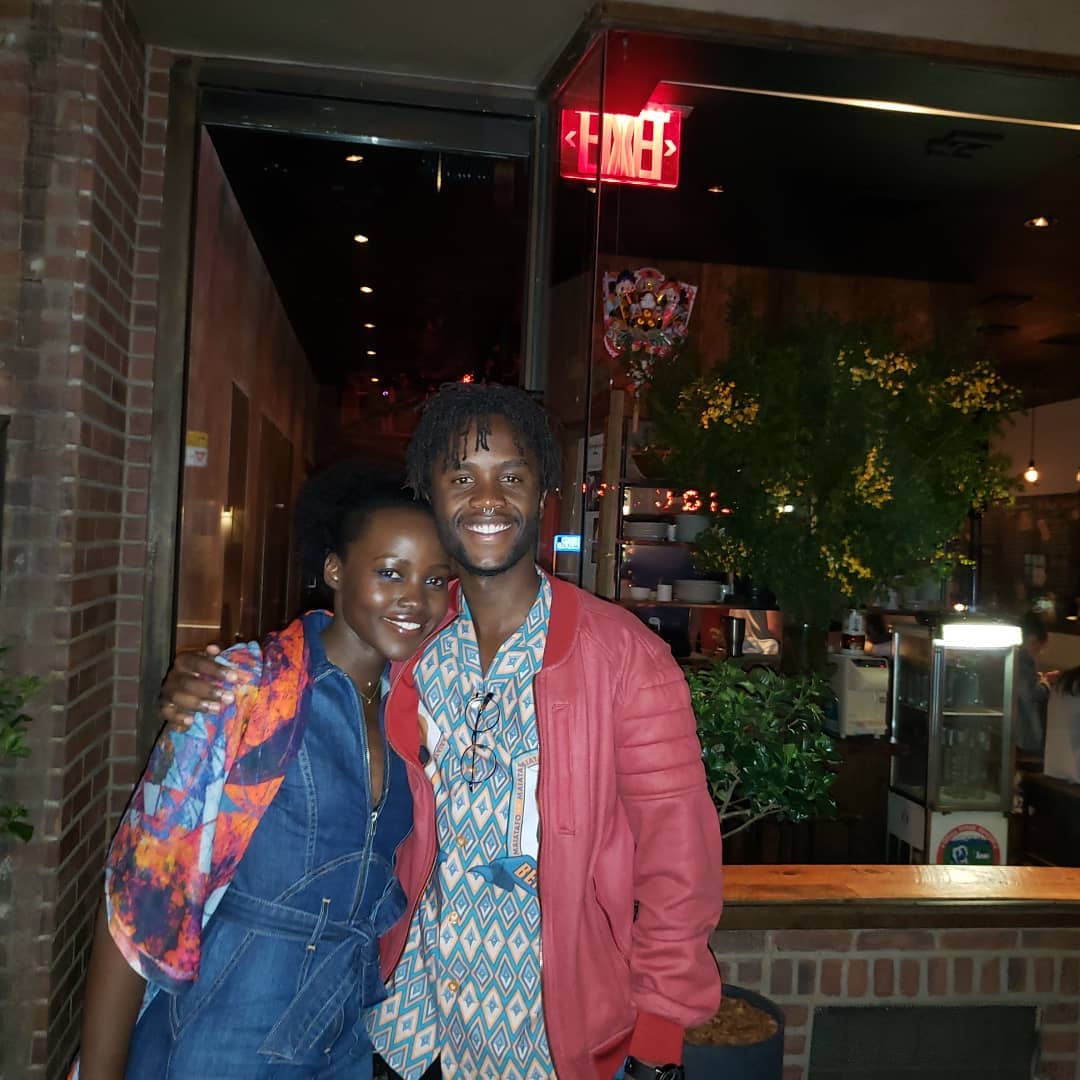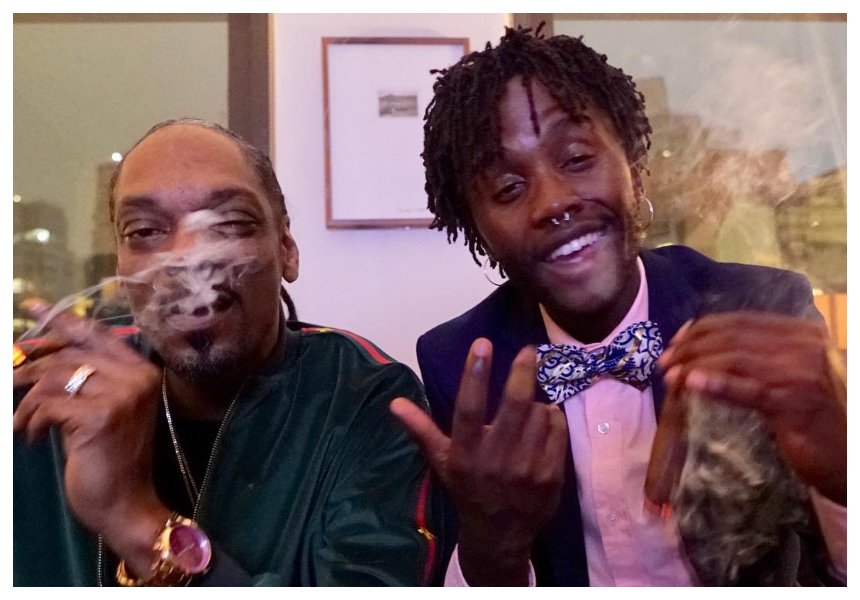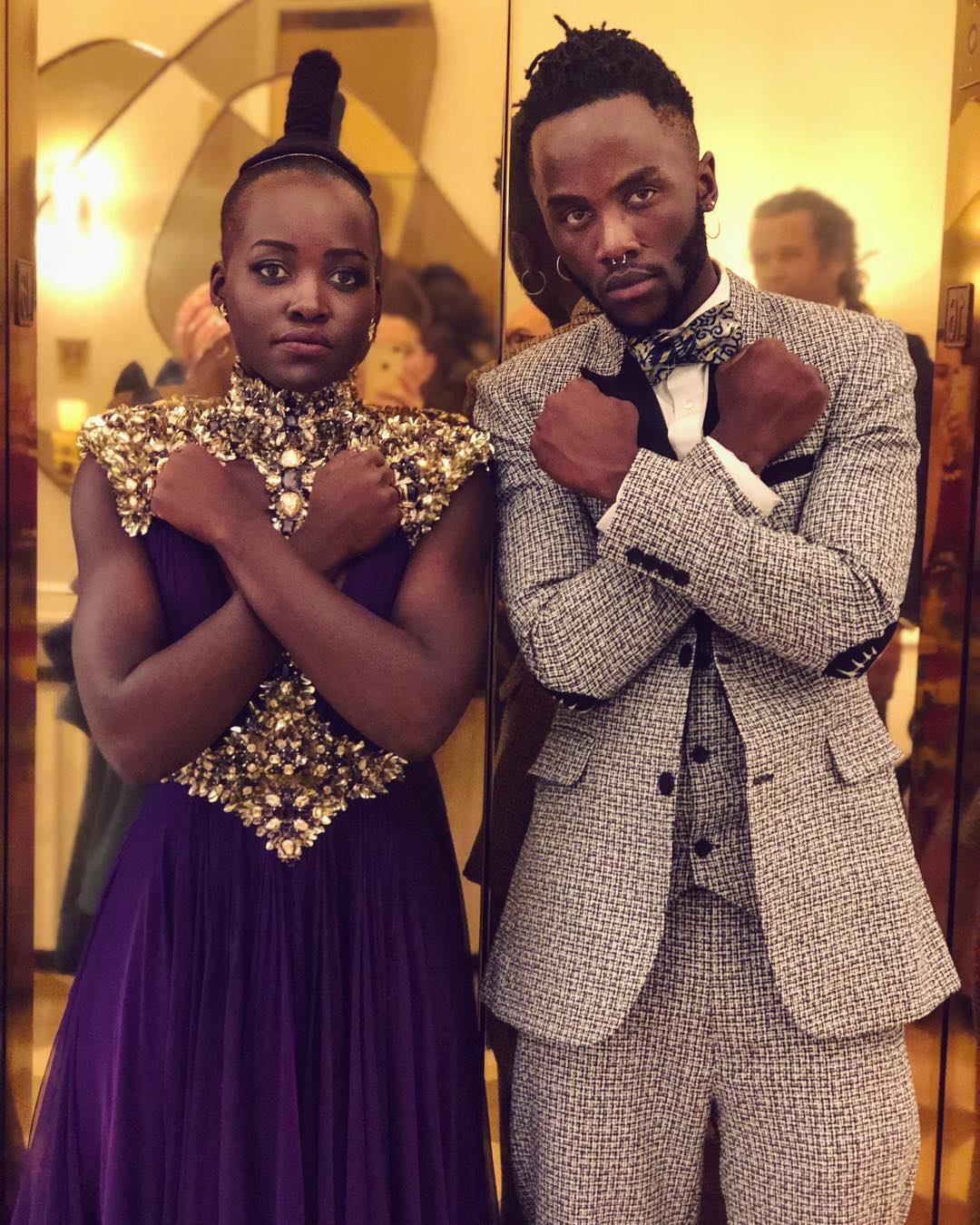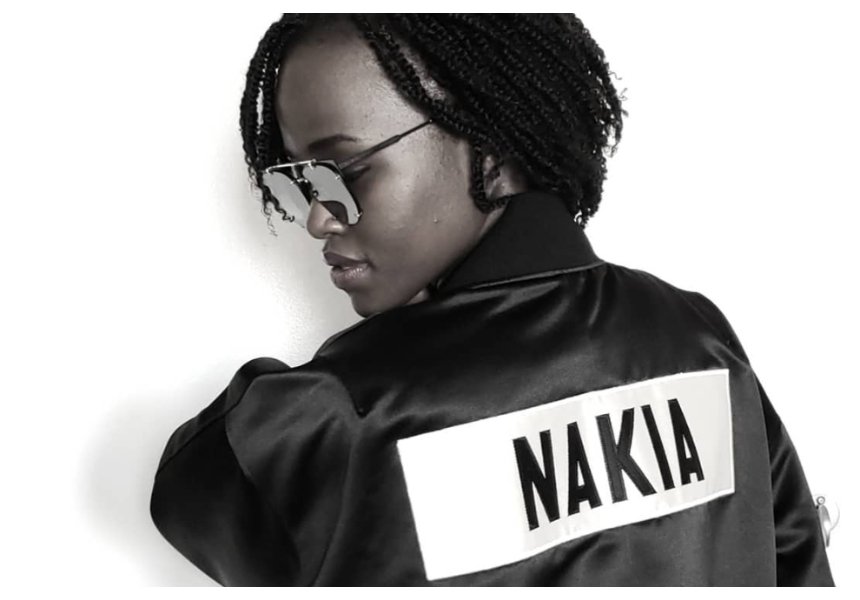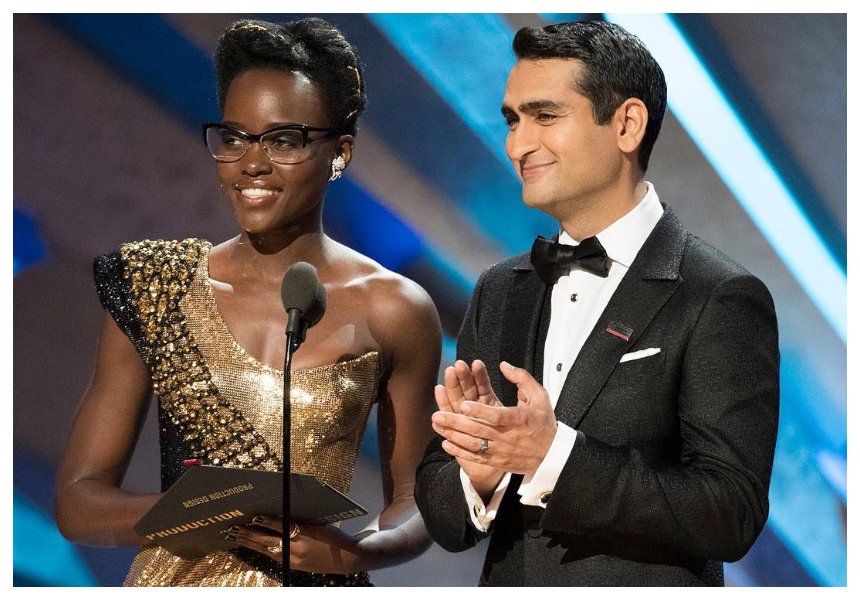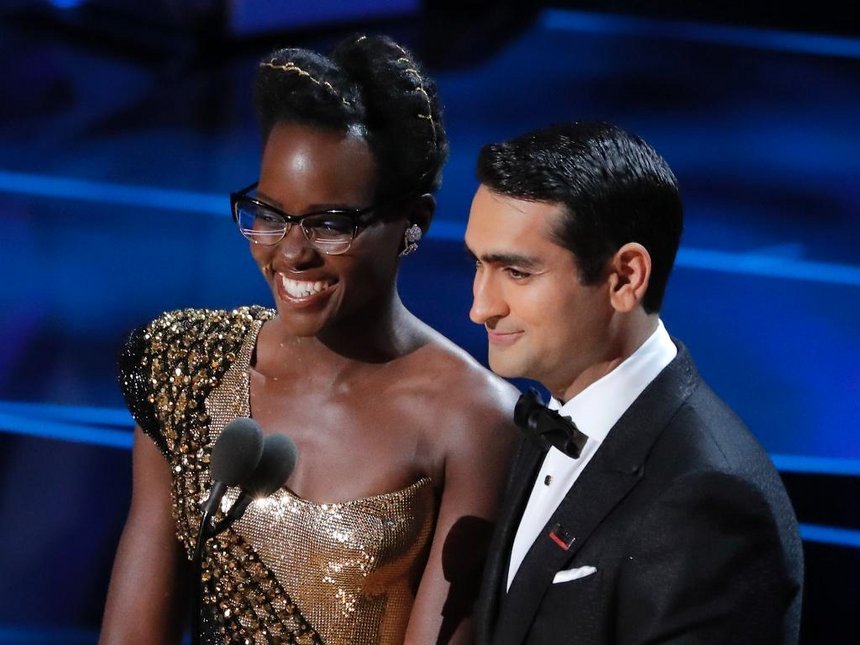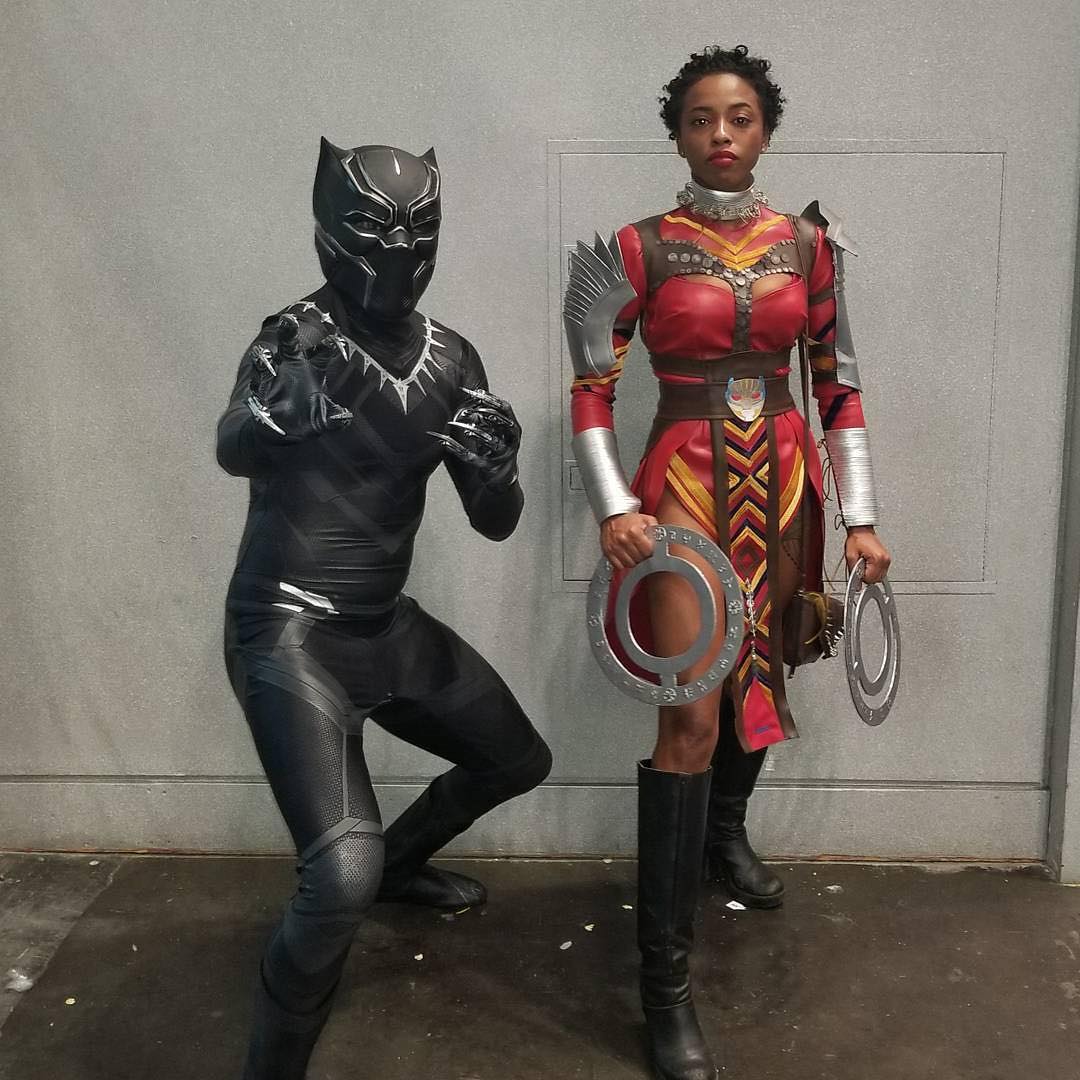Lupita Nyong’o has once again been nominated for BET award. Lupita is the first Kenyan to win BET award – she won Best Actress at the 2014 BET Awards for her role in ’12 Years a Slave’.
The same 2014 Lupita also won her first Academy Award (Oscar) for Best Supporting Actress. 2018 has also been a good year for Lupita as she starred in ‘Black Panther’ which cracked into the top 10 of the highest-grossing movies of all time at the worldwide box office.

Lupita has been nominated for 2018 BET Award in the Best Actress Award category. The Kenyan actress plays the warrior Nakia in the blockbuster.
Full list
Below is the full list of BET 2018 nominations:
Best Actress Award
Angela Bassett
Issa Rae
Tiffany Haddish
Taraji P. Henson
Lupita Nyong’o
Letitia Wright
Best Actor Award
Chadwick Boseman
Denzel Washington
Donald Glover
Daniel Kaluuya
Michael B. Jordan
Sterling K. Brown
Best Movie Award
A Wrinkle in Time
Black Panther
Girls Trip
Mudbound
Detroit
Young Stars Award
Caleb McLaughlin
Lonnie Chavis
Marsai Martin
Miles Brown
Yara Shahidi
Ashton Tyler
Album of the Year Award
Grateful, DJ Khaled
Culture II, Migos
CTRL, SZA
DAMN., Kendrick Lamar
4:44, Jay-Z
Black Panther: The Album, Kendrick Lamar and various artists
Best Female R&B/Pop Artist Award
Beyoncé
Kehlani
H.E.R.
Rihanna
SZA
Best Male R&B/Pop Artist Award
Bruno Mars
Chris Brown
The Weeknd
Khalid
Daniel Caesar
Best Female Hip Hop Artist Award
Cardi B
Rapsody
Nicki Minaj
Remy Ma
DeJ Loaf
Best Male Hip Hop Artist Award
DJ Khaled
Jay-Z
Drake
J. Cole
Kendrick Lamar
Best Group Award
Chloe x Halle
A Tribe Called Quest
N.E.R.D.
Migos
Rae Sremmurd
Best Collaboration Award
DJ Khaled feat. Rihanna and Bryson Tiller, “Wild Thoughts”
Bruno Mars feat. Cardi B, “Finesse (Remix)”
Kendrick Lamar feat. Rihanna, “Loyalty”
DJ Khaled feat. Future, Beyoncé and Jay-Z, “Top Off”
Cardi B feat. 21 Savage, “Bartier Cardi”
French Montana feat. Swae Lee, “Unforgettable”
Video of the Year Award
Bruno Mars feat. Cardi B, “Finesse (Remix)”
Cardi B, “Bodak Yellow”
Migos feat. Drake, “Walk It Talk It”
DJ Khaled feat. Rihanna and Bryson Tiller, “Wild Thoughts”
Drake, “God’s Plan”
Kendrick Lamar, “Humble”
Video Director of the Year Award
Ava Duvernay
Chris Brown
Director X
Dave Meyers
Benny Boom
Best New Artist Award
Goldlink
SZA
H.E.R.
A Boogie wit da Hoodie
Daniel Caesar
Best International Act Award
Booba (France)
Cassper Nyovest (SA)
Dadju (France)
Davido (Nigeria)
Distruction Boyz (SA)
Fally Ipupa (Dr. Congo)
J Hus (UK)
Niska (France)
Tiwa Savage (Nigeria)
Stefflon Don (UK)
Stormzy (UK)
Sportswoman of the Year Award
Elana Meyers Taylor
Serena Williams
Candace Parker
Skylar Diggins-Smith
Venus Williams
Sportsman of the Year Award
Lebron James
Odell Beckham Jr.
Stephen Curry
Kevin Durant
Dwayne Wade
Dr. Bobby Jones Best Gospel/Inspirational Award
Lecrae feat. Tori Kelly, “I’ll Find You”
Snoop Dogg feat. B Slade, “Words Arew Few”
Ledisi and Kirk Franklin, “If You Don’t Mind”
Marvin Sapp, “Close”
Tasha Cobbs Leonard feat. Nicki Minaj, “I’m Getting Ready”
BET Her Award
Janelle Monaé, “Django Jane”
Lizzo, “Water Me”
Mary J. Blige, “Strength of a Woman”
Remy Ma feat. Chris Brown, “Melanin Magic (Pretty Brown)”
Chloe x Halle, “The Kids Are Alright”
Leikeli47, “2nd Fiddle”
Coca-Cola Viewers’ Choice Award
Migos feat. Cardi B and Nicki Minaj, “MotorSport”
Kendrick Lamar, “Humble”
Cardi B, “Bodak Yellow”
Drake, “God’s Plan”
DJ Khaled feat. Rihanna and Bryson Tiller, “Wild Thoughts”
SZA feat. Travis Scott, “Love Galore”


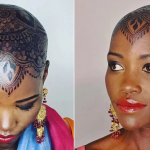


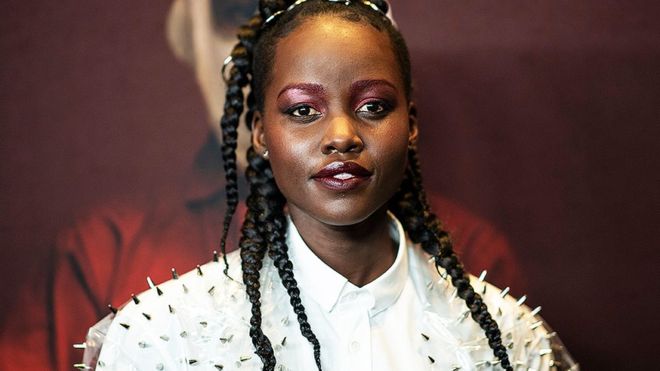

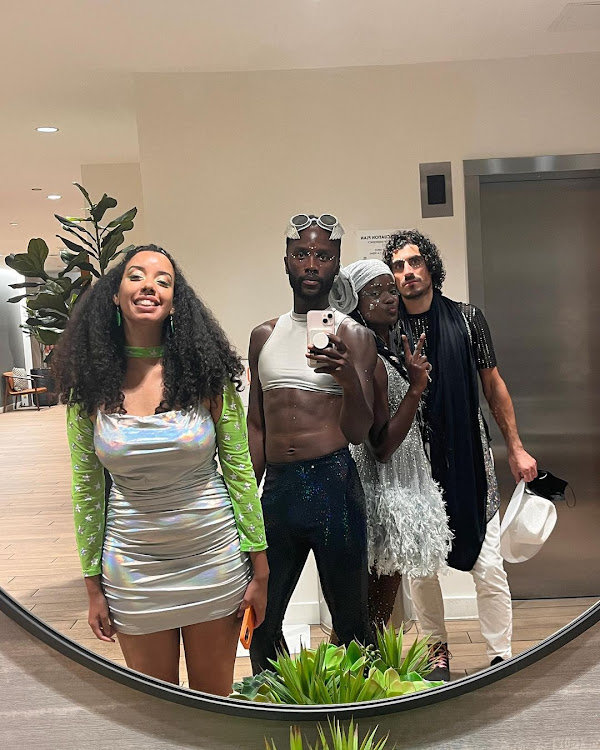
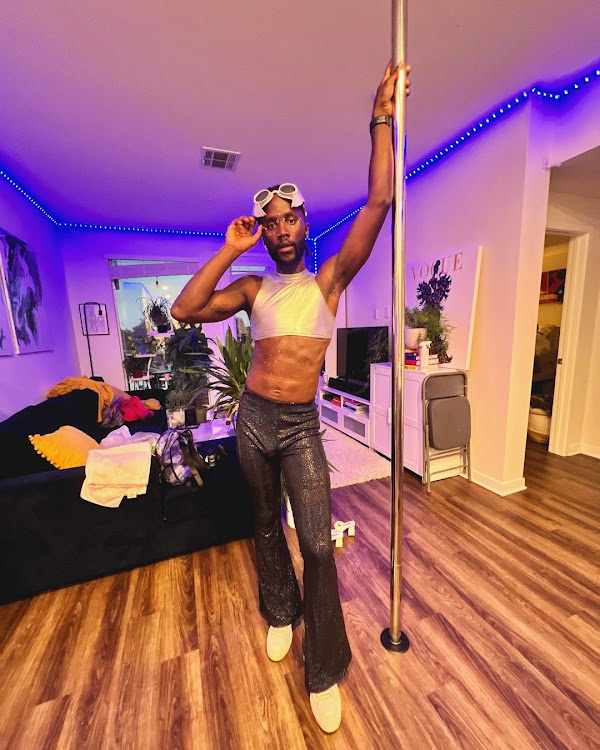
:max_bytes(150000):strip_icc():focal(1099x718:1101x720)/lupita-nyongo-tout-051123-5fa8cb223e79401d9bca6a435e21e263.jpg)
